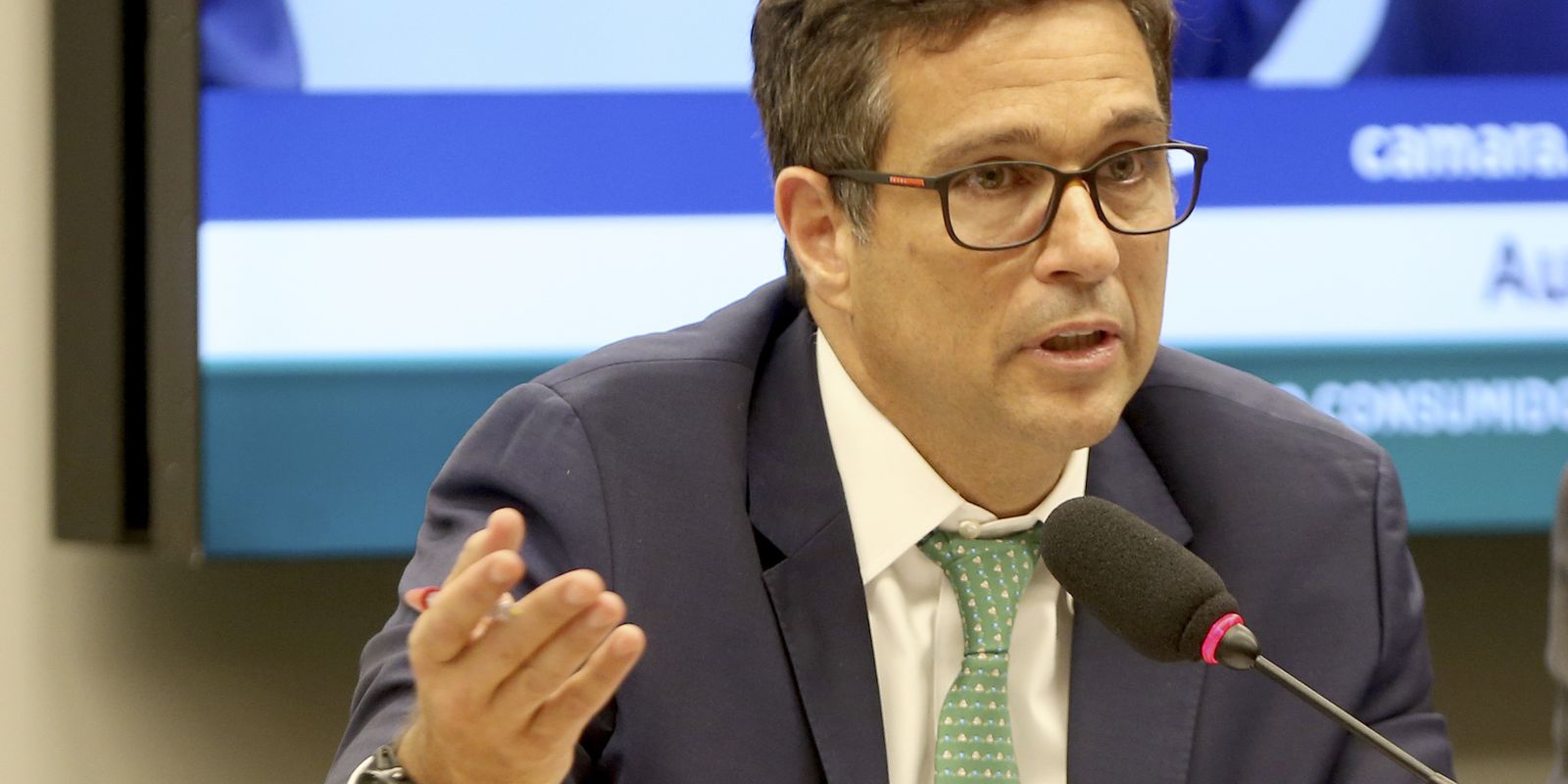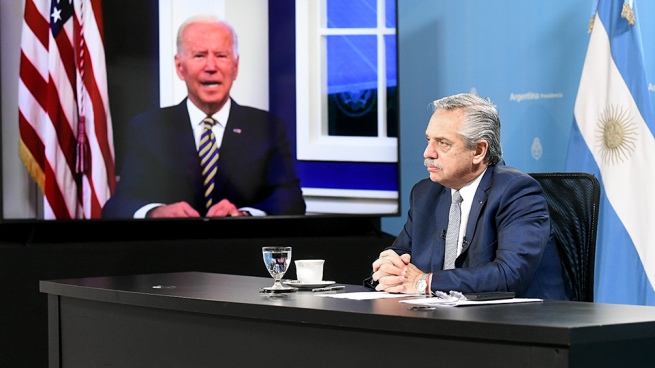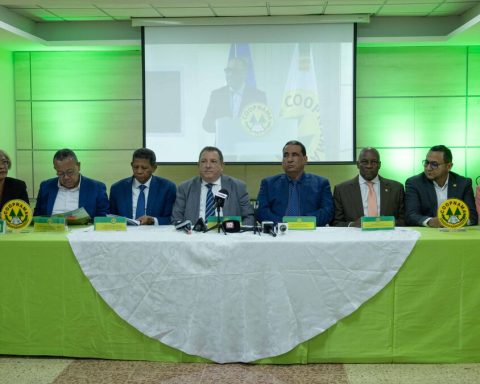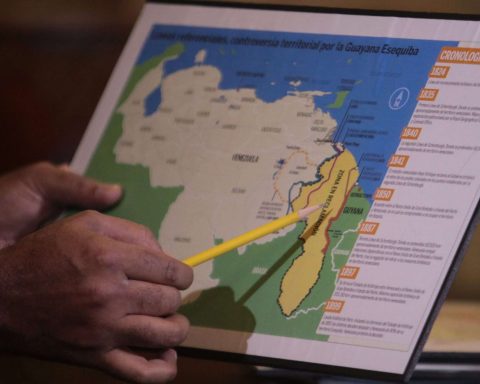The improvement in revenue resulting from the global rise in prices could be used to temporarily subsidize items such as food and energy, defended today (1st) the president of the Central Bank (BC), Roberto Campos Neto. In a videoconference with international financial institutions, he said that these measures could mitigate the social cost of inflation on the lower-income population.
For Campos Neto, market dynamics cannot always correct price shocks caused by external events. He, however, defended that aid such as subsidies are only temporary and avoid creating permanent expenses that harm public accounts in the future.
“We have a great social cost. Food prices are going up, energy prices are going up, and we have the poorest part of the population in need of some assistance. Transfer a part of the positive shock [aumento de arrecadação] to solve social issues, via subsidies. This is a good solution, but the problem is: once you create the subsidies, there is a risk of it becoming a permanent expense”, declared Campos Neto.
For the BC president, record grain and oil exports are benefiting Brazil and boosting government revenue. Since the second half of 2020, commodities (primary goods with international quotation) have appreciated. With the start of the war in Ukraine in February of this year, prices rose even further and reached the highest levels in almost 20 years.
No direct intervention
Despite being in favor of applying subsidies in some circumstances, Campos Neto said he was against direct intervention in production costs, as has been done in European countries.
He also said that, at this time of high inflation, the “liberal” solution of waiting for prices to adjust according to supply and demand would not be efficient. According to him, altering production costs could harm private investments, leading to a lag in infrastructure and production bottlenecks in the future.
“If we intervene in prices, in the process of producing oil and energy, this will solve the problem in the short term, but it will discourage investment. In the end, I think the private sector is going to solve the problem, not the governments”, he commented.
The BC president gave a virtual lecture at the BIS Green Swan 2022 Global Conference. The meeting, which took place by videoconference in São Paulo, was promoted by the Bank for International Settlements (BIS), a kind of Central Bank of central banks; by the European Central Bank; by the People’s Bank of China and the Network for Greening the Financial System, a network that aims to stimulate the green economy in the financial system.

















